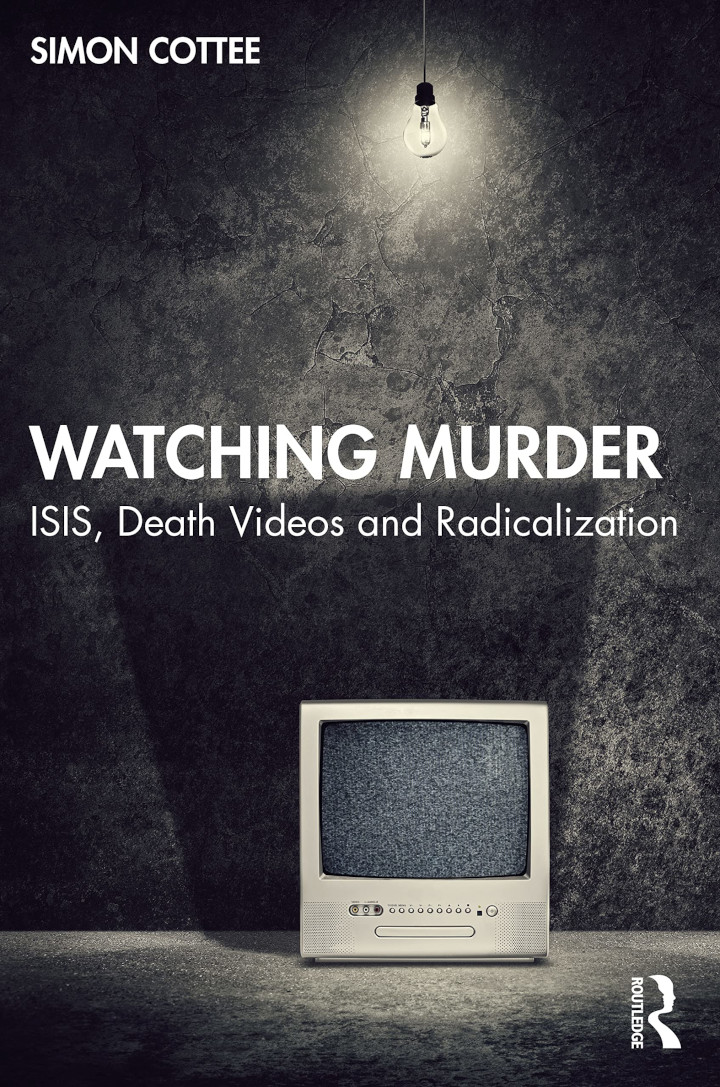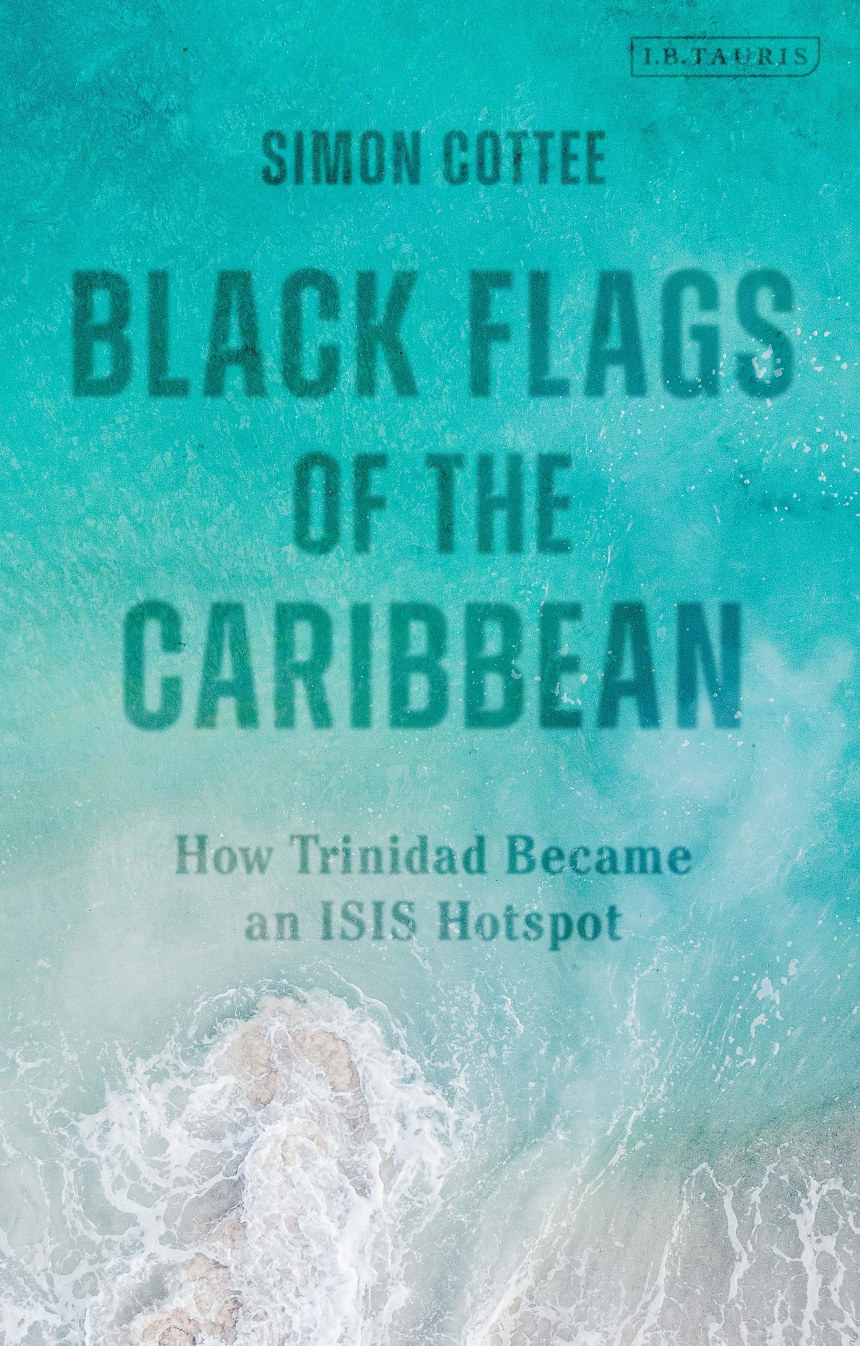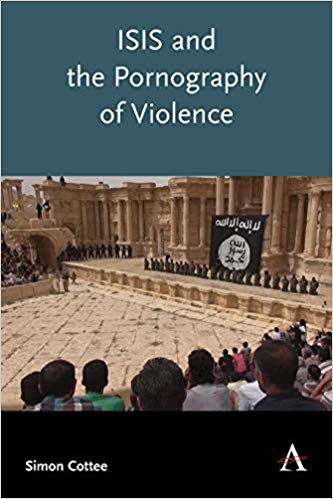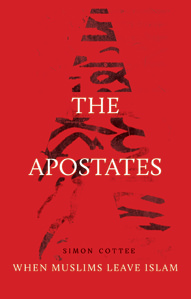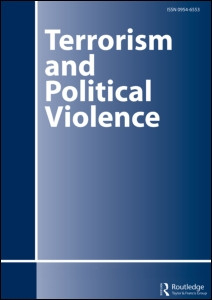
My aim in this article is to extend Marc Sageman's seminal research on Al Qaeda by re-articulating it through the prism of Albert Cohen's theory of delinquent subcultures, an approach which came to prominence in Criminology in the 1960s, but has since then been largely eclipsed by other approaches in that field. Drawing on Sageman's findings and observations, I suggest that Al Qaeda-affiliated or -inspired groups in the West can be best understood as a collective response or “solution” to the strains encountered by the members of these groups, and that these strains are imposed on them by the circumstances in which they find themselves. My broader aim is to show that although Criminology, with a few exceptions, ignores the subject of terrorism, terrorism studies can appreciably benefit from an engagement with Criminology as a source of theoretical inspiration.
